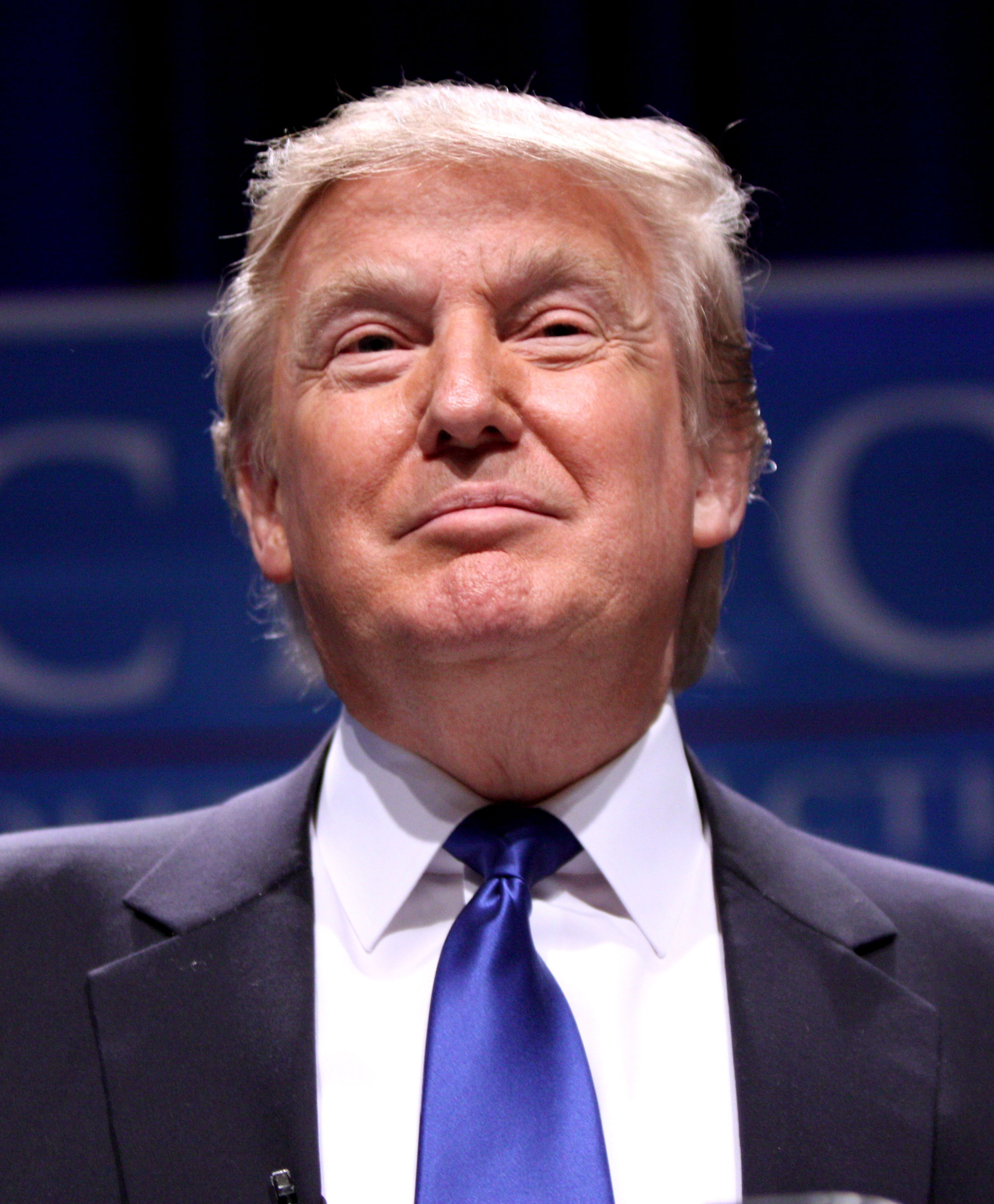Billionaire
real estate developer Donald Trump is considered one of the most successful
tycoons in America, particularly when it comes to branding and
self-promotion.
Trump
coined the quip "YOU'RE FIRED" on his hit network television show The
Apprentice, which he unsuccessfully tried to trademark.
But,
according to New York's Attorney General Eric Schneiderman, Trump went too far when branding his "Trump University," and committed outright fraud on those
who invested in attending the costly seminars.
FoxNews is reporting that the real estate mogul's
"Trump University" duped students into paying as much as $35,000 to
attend the 3-day seminar, but quickly discovered it was a sham.
"Trump
University engaged in deception at every stage of consumers' advancement
through costly programs and caused real financial harm," Schneiderman
said. "Trump University, with Donald Trump's knowledge and participation,
relied on Trump's name recognition and celebrity status to take advantage of
consumers who believed in the Trump brand."
According to official court papers,
Schneiderman is suing the program, as well as Trump personally as the university chairman, and the
former president of the university, in New York State Supreme Court in
Manhattan. He accuses them each of engaging in persistent fraud, illegal and
deceptive conduct and violating federal state consumer protection laws. The $40
million the suit demands would be distributed as restitution to consumers.
New York State Education Department officials had ordered Trump to change the name of his enterprise years ago, saying it lacked an education license and didn't meet the legal
definitions of a university. In 2011 it was renamed the Trump Entrepreneur Initiative, but it has been repeatedly accused by consumers in several civil lawsuits of failing to fulfill its
advertised claims.
True to form, Donald Trump shot
back, denying the allegations and claiming the Attorney General's lawsuit is "politically
motivated," and tantamount to "extortion."







